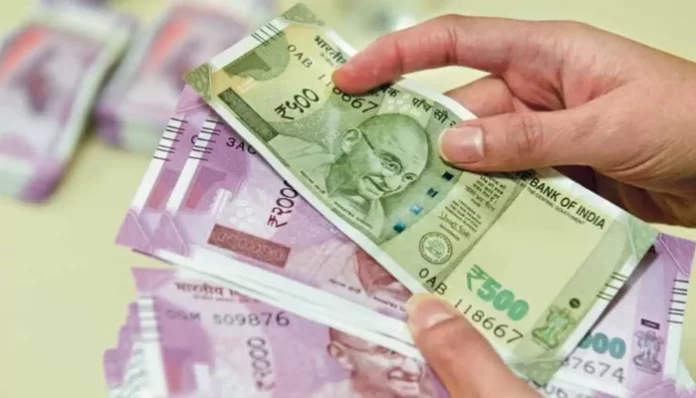Bank FD vs NSC: The National Saving Certificate (NSC) and bank Fixed Deposit (FD) with a five-year lock-in period are debt instruments with income tax benefits. After the interest rate revision for the July-September quarter, NSC\ gives a 7.7 per cent interest rate, which is much higher than most banks currently offer. The State Bank of India (SBI), and ICICI Bank offer an interest rate of 3% to 7.10% p.a. to the general public on deposits maturing in seven days to ten years, while HDFC Bank offers an interest rate ranging from 3% to 7.25% on these deposits.
Before planning to put your money into these savings schemes, it’s important to understand what they are, and how they operate.
National Savings Certificate
National Savings Certificate (NSC) is a fixed-income post office savings scheme. The government of India offers it. One has to visit the post office to activate this scheme. Since the government backs this instrument, it is a low-risk investment option. The minimum amount with which you can open an NSC account is ₹1000 and after that in multiples of ₹100. There is no limit on the maximum amount that you can invest in this scheme.
Bank Fixed Deposits
You can invest in bank and post office fixed deposit schemes. The tenure starts from 7 days to 10 years, but the tax-saving benefits under section 80C are available only on five-year lock-in. However, the FD interest rates can vary from bank to bank, so check each bank separately.
Should you invest in bank FD or NSC?
Interest Payout
In NSC, you get a cumulative interest on maturity. However, in an FD, you can take a monthly or quarterly interest or on maturity.
Compounding
Interest is compounded annually in NSC, while in FD, it is compounded quarterly.
Renew option
You cannon renew NSC after the end of the five-year tenure. But in the case of term deposits, there is an auto-renewal facility.
Lock-in interest rate
The interest rate provided when buying the certificate remains unchanged throughout the tenure of five years. In the case of bank FDs, there are various tenors to choose from- seven days to ten years.
Taxation
In both instruments, you get section 80C benefits of up to ₹150,000 in one year. This benefit is only in the case of a five-year bank FD.

